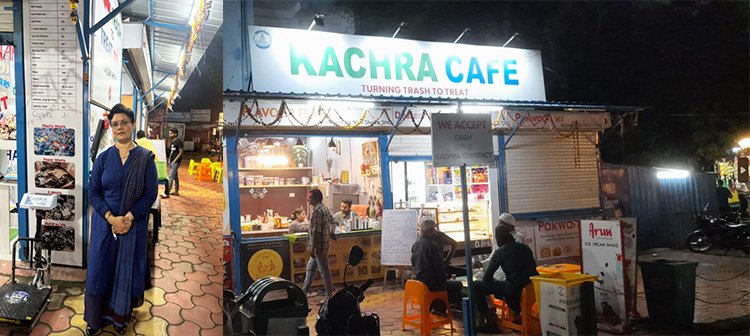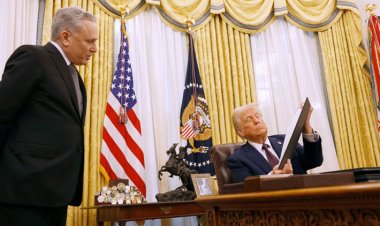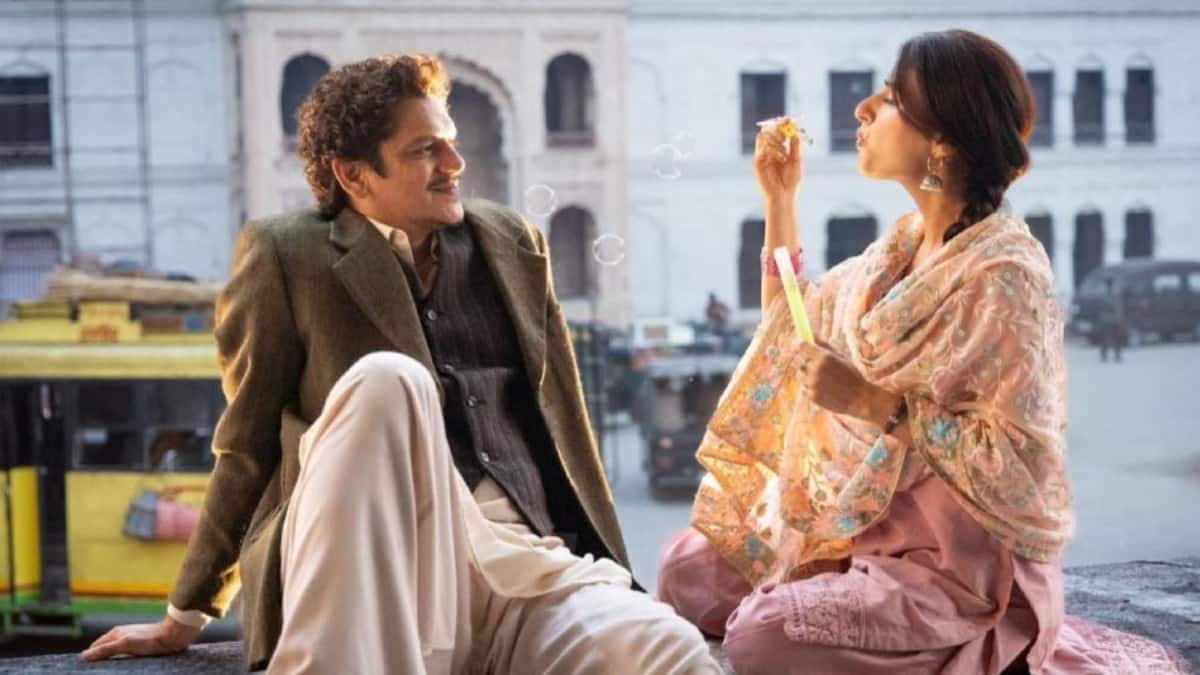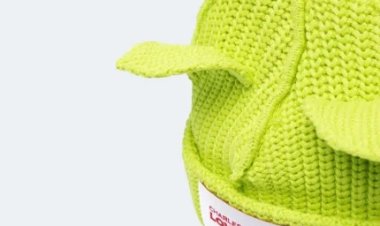Bhopal’s Unique ‘Kachra Café’: Bring Trash, Get Snacks — A Creative Step Towards Environmental Protection
Bhopal, the capital of Madhya Pradesh, has set an inspiring example for the nation in cleanliness and sustainable development.

Bhopal, the capital of Madhya Pradesh, has set an inspiring example for the nation in cleanliness and sustainable development. The Bhopal Municipal Corporation (BMC) has launched India’s first ever ‘Kachra Café’ near 10 Number Market. This initiative is not just a model for waste management but also an opportunity for citizens to actively participate in protecting the environment.
Waste as a Resource, Not a Burden
The café is built on the idea that waste is not mere garbage, but a valuable resource. When segregated and recycled properly, it can help reduce pollution, generate employment, foster art, and open new business opportunities.
How the Café Works
According to café manager Ajita Sahbalok:
“This is the first café in the country where people can bring old newspapers, plastic, cardboard, used clothes, broken chargers, outdated mobiles or e-waste and receive ‘Kachra Currency’ in exchange. Young people are especially excited about the concept, and awareness is gradually spreading across the city.”
What is ‘Kachra Currency’?
Every item brought in is weighed.
Based on its weight, customers receive digital ‘Waste Currency’ via SMS.
This digital currency can be used to:
Buy snacks in the café,
Purchase eco-friendly art and craft products,
And in the future, it will also be accepted in local shops and even for public transport.
Tackling India’s Waste Challenge
India generates nearly 1.5 lakh tonnes of solid waste daily, but only about 30% is properly recycled or disposed of. Plastic and e-waste pose the biggest threat, polluting both rivers and soil. The Bhopal Waste Café offers a community-driven model to address this urban challenge effectively.
A Blend of Art, Environment, and Employment
The café also showcases and sells handmade products created by local artists and women’s self-help groups. Items include decorative pieces, paintings, toys, and useful household products made from recycled materials. This not only conserves the environment but also supports local employment and self-reliance.
Future Plans
The BMC aims to expand such “Waste Cafés” across other parts of the city. Plans are also underway to collaborate with schools and colleges, turning this into an educational movement that strengthens the habit of Reduce, Reuse, and Recycle among children and youth.
A Model for the Nation
Bhopal’s experiment shows that with collective effort from citizens, administration, and the community, even garbage can be turned into opportunity. This initiative could serve as a powerful model not just for the city but for the entire country.






















